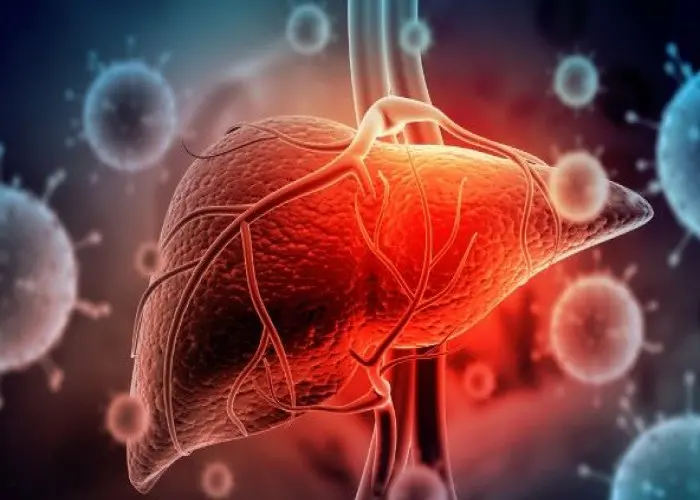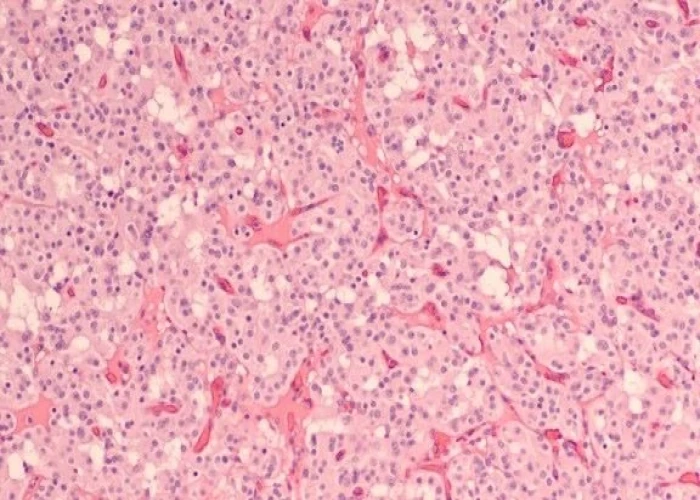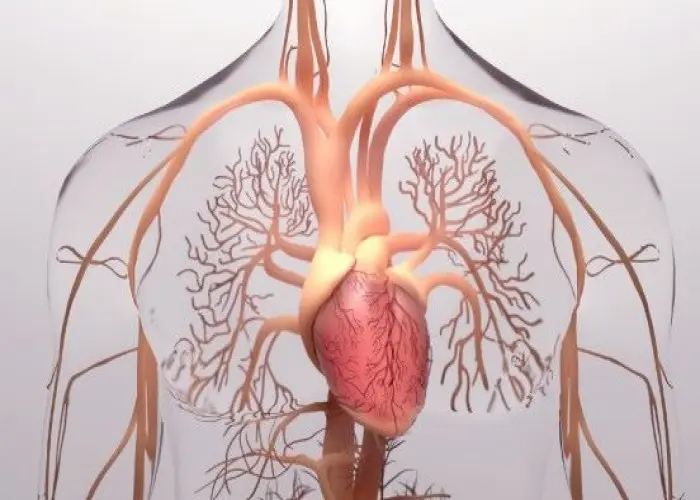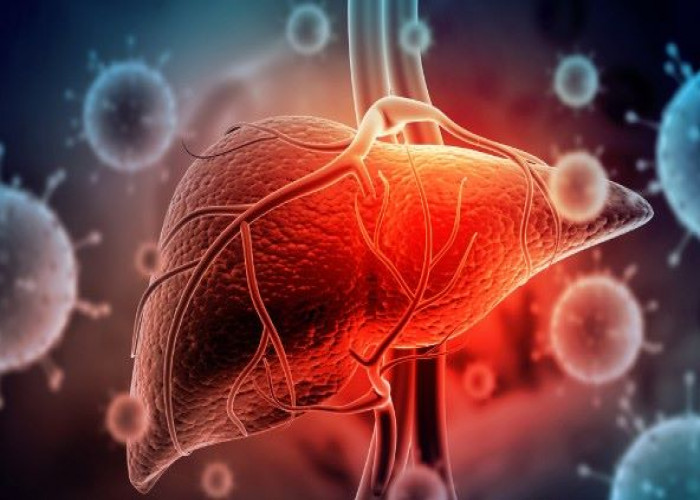 Welcome
Welcome
“May all be happy, may all be healed, may all be at peace and may no one ever suffer."
Hepatitis A

Hepatitis A is a highly contagious viral infection that affects the liver. It is usually spread through contaminated food or water, or close contact with an infected person.
Symptoms of hepatitis A can include fatigue, nausea, vomiting, abdominal pain, fever, and jaundice (yellowing of the skin and eyes). The severity of symptoms can vary widely between individuals, and some people may not experience any symptoms at all.
Most people with hepatitis A recover fully within a few weeks or months, with no long-term liver damage. However, in rare cases, hepatitis A can cause severe liver damage or liver failure, particularly in people with pre-existing liver disease or weakened immune systems.
Prevention measures for hepatitis A include practicing good hygiene, such as washing hands regularly and avoiding contact with contaminated food or water. Vaccination is also available and recommended for people who are at increased risk of infection, such as travelers to areas with high rates of hepatitis A, people with chronic liver disease, and men who have sex with men.
Treatment for hepatitis A typically involves rest, hydration, and monitoring of liver function. In severe cases, hospitalization may be necessary. There is no specific medication to treat hepatitis A, but vaccines and immunoglobulin injections can be given to people who have been exposed to the virus to prevent or reduce the severity of the infection.
If you or a loved one is experiencing symptoms of hepatitis A or has concerns about their risk of infection, it is important to consult with a healthcare provider for an accurate diagnosis and appropriate treatment.
Research Papers
Disease Signs and Symptoms
- Fatigue (Tiredness)
- Itching
- Yellowing of skin and eyes (jaundice)
- Joint pain
- Dark urine color
- Fever
- Loss of appetite
- Frequent bowel movements
- Abdomen pain
- Nausea or vomiting
- Hepatitis
Disease Causes
Hepatitis A
Hepatitis A is caused by a virus that infects liver cells and causes inflammation. The inflammation can affect how your liver works and cause other signs and symptoms of hepatitis A.
The virus most commonly spreads when you eat or drink something contaminated with fecal matter, even just tiny amounts. It does not spread through sneezing or coughing.
Here are some of the specific ways the hepatitis A virus can spread:
- Eating food handled by someone with the virus who doesn't thoroughly wash his or her hands after using the toilet
- Drinking contaminated water
- Eating raw shellfish from water polluted with sewage
- Being in close contact with a person who's infected — even if that person has no signs or symptoms
- Having sex with someone who has the virus
Disease Prevents
Hepatitis A
The hepatitis A vaccine can prevent infection with the virus. The vaccine is typically given in two shots. The first one is followed by a booster shot six months later.
The Centers for Disease Control and Prevention recommends a hepatitis A vaccine for the following people:
- All children at age 1, or older children who didn't receive the childhood vaccine
- Anyone age 1 year or older who is experiencing homelessness
- Infants ages 6 to 11 months traveling internationally
- Family and caregivers of adoptees from countries where hepatitis A is common
- People in direct contact with others who have hepatitis A
- Laboratory workers who may come in contact with hepatitis A
- Men who have sex with men
- People who work or travel in parts of the world where hepatitis A is common
- People who use any type of illicit drugs, not just injected ones
- People with clotting-factor disorders
- People with chronic liver disease, including hepatitis B or hepatitis C
- Anyone wishing to obtain protection (immunity)
If you're concerned about your risk of hepatitis A, ask your doctor if you should be vaccinated.
Follow safety precautions when traveling
If you're traveling to parts of the world where hepatitis A outbreaks occur, take these steps to prevent infection:
- Peel and wash all fresh fruits and vegetables yourself.
- Don't eat raw or undercooked meat and fish.
- Drink bottled water and use it when brushing your teeth.
- Avoid all beverages of unknown purity, with or without ice.
- If bottled water isn't available, boil tap water before drinking it.
Practice good hygiene
Thoroughly wash your hands often, especially after using the toilet or changing a diaper and before preparing food or eating.
Disease Treatments
No specific treatment exists for hepatitis A. Your body will clear the hepatitis A virus on its own. In most cases of hepatitis A, the liver heals within six months with no lasting damage.
Hepatitis A treatment usually focuses on keeping comfortable and controlling signs and symptoms. You may need to:
- Rest. Many people with hepatitis A infection feel tired and sick and have less energy.
- Manage nausea. Nausea can make it difficult to eat. Try snacking throughout the day rather than eating full meals. To get enough calories, eat more high-calorie foods. For instance, drink fruit juice or milk rather than water. Drinking plenty of fluids is important to prevent dehydration if vomiting occurs.
- Avoid alcohol and use medications with care. Your liver may have difficulty processing medications and alcohol. If you have hepatitis, don't drink alcohol. It can cause more liver damage. Talk to your doctor about all the medications you take, including over-the-counter drugs.
Disease Diagnoses
Disease Allopathic Generics
Disease Ayurvedic Generics
Disease Homeopathic Generics
Disease yoga
Hepatitis A and Learn More about Diseases

Pancreatic cysts

Rocky Mountain spotted fever

Sex headaches

Kawasaki disease

Autism spectrum disorder

Latex allergy

Heart palpitations

Undescended testicle
Hepatitis a, হেপাটাইটিস এ
To be happy, beautiful, healthy, wealthy, hale and long-lived stay with DM3S.
